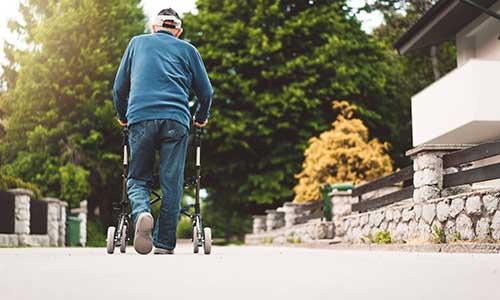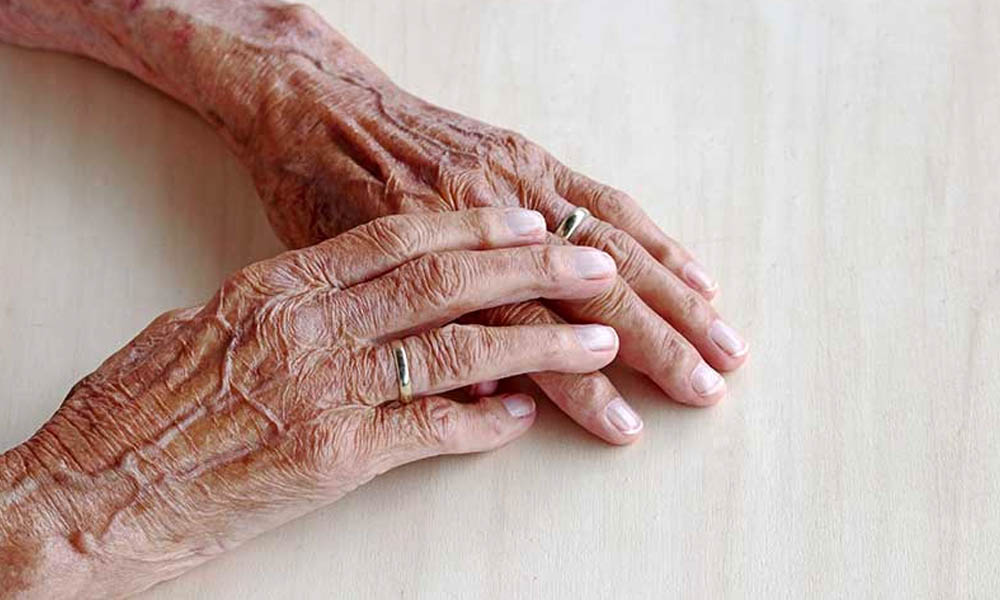As family members grow older, they may face issues with their health such as decreasing mobility and mental clarity. Eventually, our loved ones may need assistance through home-health care services with day-to-day tasks such as dressing, bathing, taking prescribed medicine, or paying bills. Some may need full-time assistance in an assisted living facility or full-time medical care in a nursing home. We hope that the caregiver is caring, attentive, and trustworthy. Unfortunately, it’s not always the case.
Elder abuse is the emotional, physical, sexual, or financial mistreatment of an elderly person, including neglect and abandonment.
How do I report elder abuse?
Although reporting elder abuse to authorities may differ slightly from state to state, in general reports can be made to:
- State Department of Human Services
- Office of the district attorney in the county in which the suspected abuse occurred
- Your local municipal police department or sheriff’s department
Additional elder abuse reporting resources
- To report suspected elder abuse to the Adult Protective Services office nearest you, visit the National Adult Protective Services Association (NAAPSA) website.
- The Eldercare Locator is a public service provided by the U.S. Administration on Aging. Type in your zip code or city and state in the search field for community resources for older adults.
- The Elder Justice Initiative, provided by the U.S. Department of Justice provides elder justice resources by state.
If you suspect an individual is being abused by a primary caregiver like a home-health aide or adult child, keep these things in mind:

-
Don’t confront the suspected abuser yourself: Unless you are prepared to place the individual in another form of care, this could end up putting them in more danger.
-
Strength in numbers: Other family members and friends may have the best chance of convincing an individual to seek alternative care.
-
Feeling shame can keep elder abuse hidden: It may be difficult to speak up, especially if the suspected abuser is a family caregiver. The earlier you intervene, the better the outcome will be.
If you are being abused or have been abused, or you know of someone who is, tell your doctor, a friend or a family member. You can also call Adult Protective Services for your state. It is important to know you don’t need to prove abuse to report it. It is up to the professionals to investigate any suspicions you may have.
Can I report suspected elder abuse anonymously?
Some Adult Protective Services reports can be done anonymously depending on your state. They may also protect the individual who makes the report from civil and criminal liability if the report was made in good faith. For medical professionals, the law protects those who report from professional disciplinary action. This is so physicians, nurses, and medical staff can report suspected elder abuse without fear of breaching privacy or confidentiality laws relating to the elder person’s medical records.
What kinds of questions will I be asked when I make a report?
You may be asked the following questions when you contact your local Adult Protective Services office or social services agency. Include the following information in your report, according to FindLaw.com.

- Your name and contact information
- The names and relationships of the parties involved
- The age and condition of the individual (physical health and mental state)
- Your specific observations and concerns (including dates of events and a timeline, if possible)
- Any concerns of immediate danger
- Any assets of the victim that may be subject to theft or exploitation
- The location of the victim and the best way to contact him or her
- Other potential witnesses and their contact information
- Any relevant documents you may have (such as copies of emails, letters, powers of attorney, wills or trusts)
You’ll also be asked questions about your or the individual’s medical problems, what kinds of social support they have and whether you’ve personally seen incidents of yelling, hitting or abusive behavior. Ask the agency for an estimated timeline for their investigation and about the services they offer.
Reporting Elder Abuse: Tips for talking with an individual when you suspect elder abuse
Often, abuse goes un-reported because individuals are scared of retaliation or think someone won’t believe them. It can be difficult to bring up the topic of abuse with a loved one. Keep these nine tips in mind before you speak with someone about abuse.
- Provide a comfortable environment for effective communication. Talk in a private space away from the suspect’s hearing range. A restaurant, coffee shop, or doctor’s office are good choices.
- Ask the older adult which time of day is best to meet. (Some daily medications can cause drowsiness or confusion.)
- Ask open-ended questions and speak slowly using short sentences.
- Ask about one thing at a time. More than one question can be confusing.
- Don’t correct them.
- Communicate at eye level by sitting next to, or across from him or her.
- Wait patiently and listen. Give the person time to answer.
- Take note of any barriers to communication. Does the senior have his hearing aids on and dentures in place?
- Understand that individuals with memory problems can tell you what happened—especially if an incident made an emotional impact. Believe their story, unless you have evidence to the contrary.


